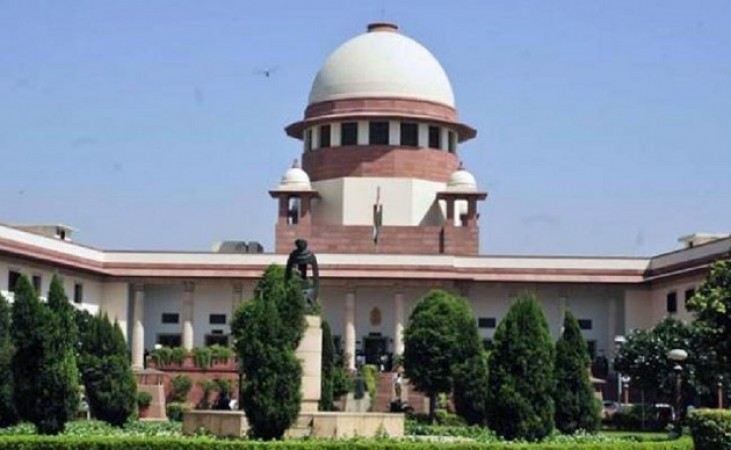
The Supreme Court has said the 2016-law on rights of persons with disabilities is the “statutory manifestation of a constitutional commitment” and it assures them that “they are assets, not liabilities and that they make us stronger, not weaker”.
In a 62-page verdict, a bench, headed by Justice D.Y.Chandrachud and comprising Justices Indira Banerjee and Sanjiv Khanna, said: “A generation of disabled people in India regards as its birthright access to the full panoply of constitutional entitlements, robust statutory rights geared to meet their unique needs and conducive societal conditions needed for them to flourish and to truly become co-equal participants in all facets of life.”
The top court’s observations came in a significant verdict in which it directed the Ministry of Social Justice and Empowerment (MSJE) to frame “proper guidelines” to regulate and facilitate grant of a facility of a scribe to persons with disability in writing exams. A bench headed by Justice D Y Chnadrachud noted the fact that the Rights of Persons with Disabilities (RPwD ) Act, 2016 came into being to India’s obligation to the United Nations Convention on the Rights of Persons with Disabilities which the nation ratified in 2007.
Justice Chandrachud, writing the judgment or the bench said, the fundamental rights, enshrined under the Constitution, does not explicitly include persons with disabilities within its protective fold. “The RPwD Act 2016 seeks to operationalize and give concrete shape to the promise of full and equal citizenship held out by the Constitution to the disabled and to execute its ethos of inclusion and acceptance,” said the 62-page long judgment.
Supreme court allows Chhattisgarh government to become party
Supreme Court cites Kerala floods to order Envn Impact Assess for Himachal project
Meghalaya undertakes several new initiatives to combat climate change: Conrad K Sangma